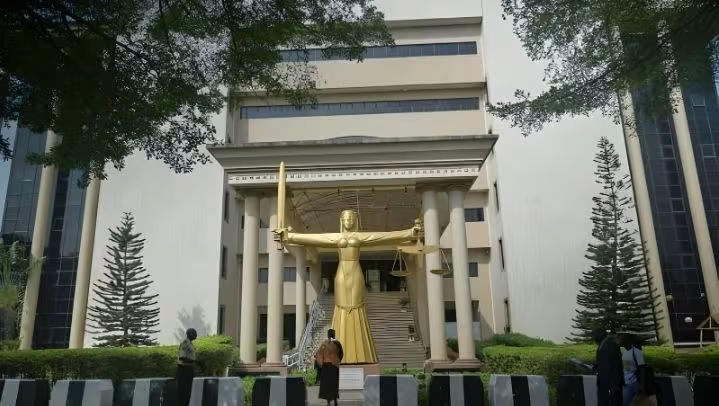The Federal High Court in Abuja, presided over by Justice James Omotosho, has dismissed a ₦500 million lawsuit filed by a group of vulnerable residents of the Federal Capital Territory (FCT)—including scavengers, beggars, and petty traders—against the FCT Minister, Nyesom Wike.

In his ruling, Justice Omotosho held that the suit, filed by their counsel Abba Hikima to enforce their fundamental rights, lacked merit. He stated that there was no credible evidence on record to show that the rights of the applicants had been violated by the defendants.
The judge further noted that the only evidence presented were online newspaper reports, which were not certified by the National Library, thereby failing to meet the requirements of Section 156 of the Evidence Act.
“In relying on newspaper reports, a party cannot just print or buy a newspaper from a vendor and bring it to court without being certified by the National Library,” he said, adding that a newspaper report could be forged or doctored with the aim of seeking reliefs.
“This court will not waste its time relying on newspaper reports to prove the truth of the contents therein. It is hearsay evidence and no probative value will be ascribed to it.
“This is a reasonable principle of law as allowing parties to rely on newspaper reports as basis for their suit will open a floodgate of litigations as all manner of persons would rush to court to file frivolous suits based on newspaper reports which may not be accurate.
“Thus the suit of the applicant is bound to fail,” he said.
The judge also observed that the plaintiff could not name a single officer or agent of the defendants who violated the rights of the vulnerable persons or who participated in the said raid on the said date.

He said the court would not waste its precious judicial time speculating on what happened on November 12, 2024 or which persons were arrested or detained if any.
He further observed that the FCT minister stated that these actions by the said vulnerable persons constituted violations of the Abuja Environmental Protection Act.
The judge held that fundamental rights are not absolute and can be breached in some instances, including suspicion of committing crimes and on grounds of public safety, public order and public health, citing previous Supreme Court decisions to back his judgment.
Addressing Hikima’s argument that the beggars had not committed any offense and should be allowed to carry on begging, the judge held that “there is no fundamental right to beg and no law out rightly supports public begging or begging as a venture.”
Justice Omotosho equally said that the Bible also encourages hard work as indolence would lead to poverty, citing Proverbs 10:4.
The judge said begging, as a full-time profession, is usually a result of laziness and indolence on the part of the beggar.

Join Our Social Media Channels:
WhatsApp: NaijaEyes
Facebook: NaijaEyes
Twitter: NaijaEyes
Instagram: NaijaEyes
TikTok: NaijaEyes





